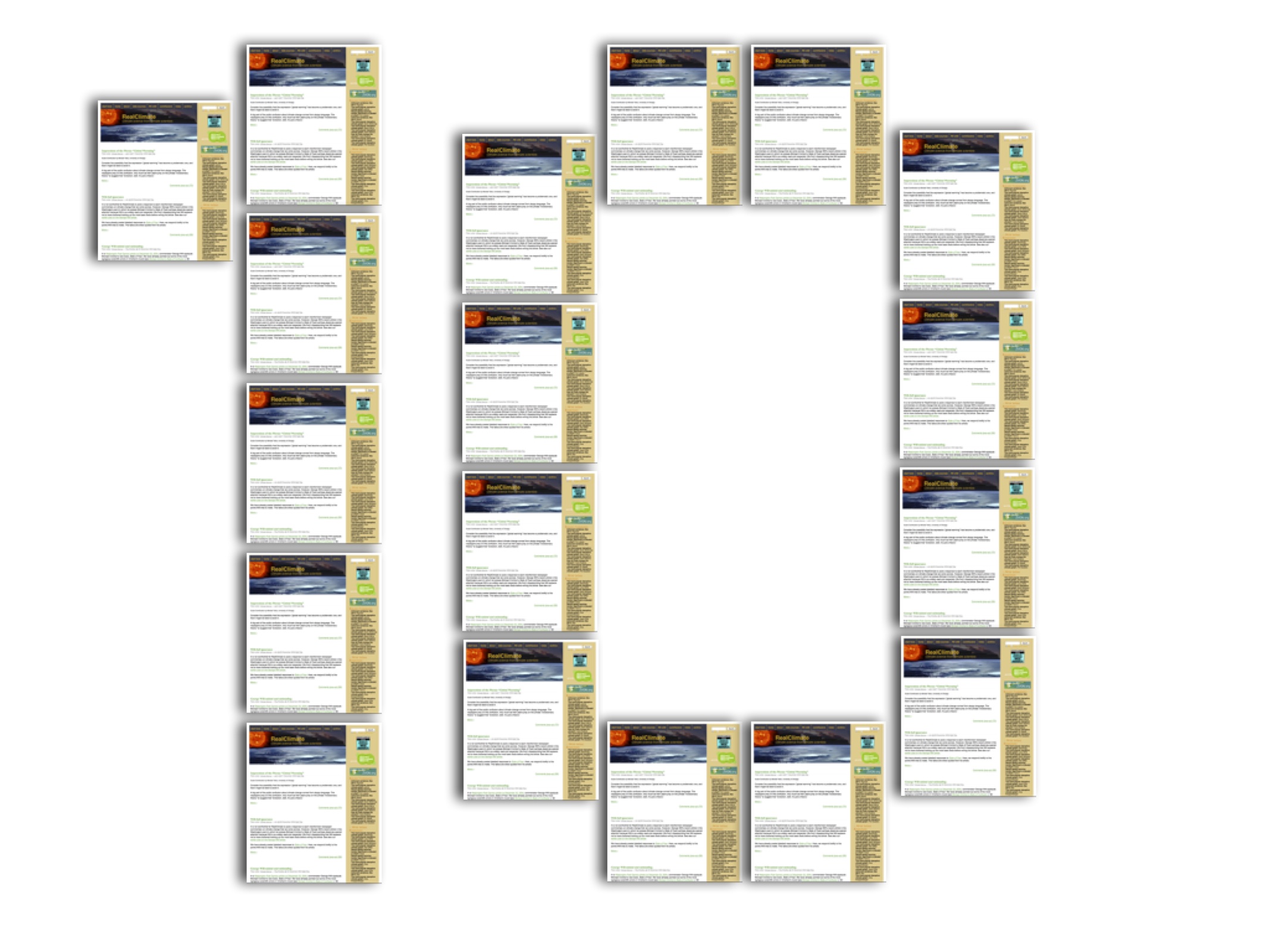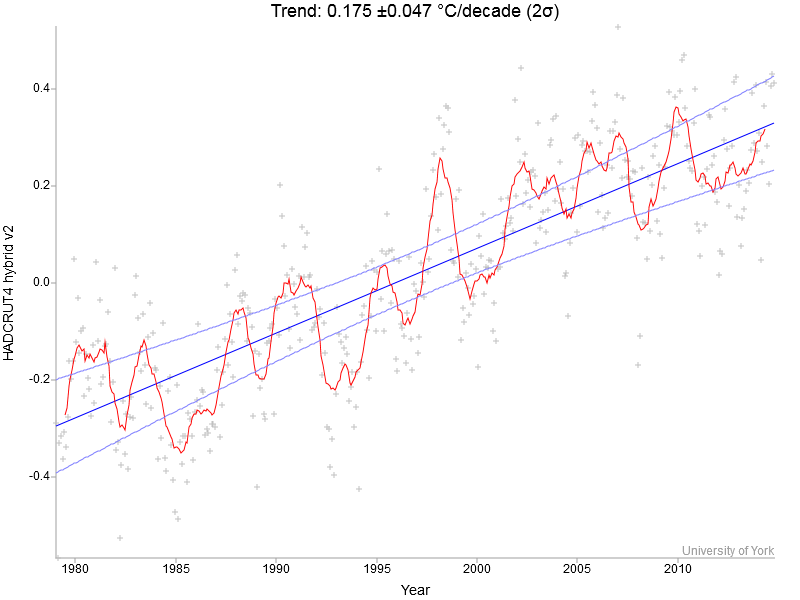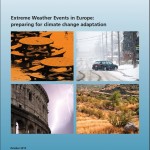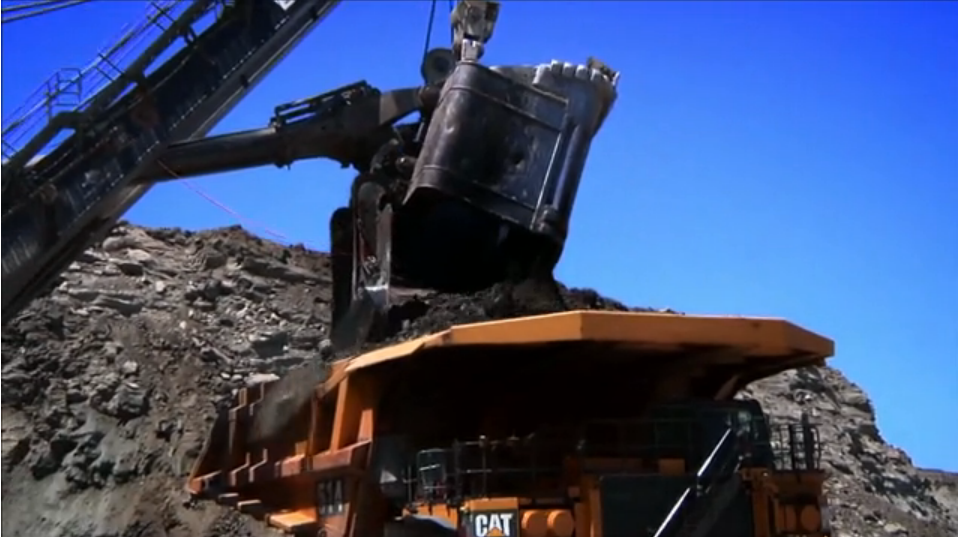Last week there was an international media debate on climate data which appeared to be rather surreal to me. It was claimed that the global temperature data had so far shown a “hiatus” of global warming from 1998-2012, which was now suddenly gone after a data correction. So what happened?
One of the data centers that compile the data on global surface temperatures – NOAA – reported in the journal Science on an update of their data. Some artifacts due to changed measurement methods (especially for sea surface temperatures) were corrected and additional data of previously not included weather stations were added. All data centers are continually working to improve their database and they therefore occasionally present version updates of their global series (NASA data are currently at version 3, the British Hadley Centre data at version 4). There is nothing unusual about this, and the corrections are in the range of a few hundredths of a degree – see Figure 1. This really is just about fine details. [Read more…] about Debate in the noise
 The landscape for science blogging, the public discourse on climate and our own roles in the scientific community have all changed radically over the last 10 years. Blogging is no longer something that stands apart from professional communications, the mainstream media or new online start-ups. The diversity of voices online has also increased widely: scientists blogging and interacting directly with the public via Twitter and Facebook are much more prevalent than in 2004. The conversations have also changed, and (for the most part) have become more nuanced. And a bunch of early career researchers with enthusiasm, time to spare and things to say, have morphed into institute directors and administrators with lots of new pressures. Obviously, blogging frequency has decreased in the last year or so in response to these pressures and this raises the question: where does RealClimate go now?
The landscape for science blogging, the public discourse on climate and our own roles in the scientific community have all changed radically over the last 10 years. Blogging is no longer something that stands apart from professional communications, the mainstream media or new online start-ups. The diversity of voices online has also increased widely: scientists blogging and interacting directly with the public via Twitter and Facebook are much more prevalent than in 2004. The conversations have also changed, and (for the most part) have become more nuanced. And a bunch of early career researchers with enthusiasm, time to spare and things to say, have morphed into institute directors and administrators with lots of new pressures. Obviously, blogging frequency has decreased in the last year or so in response to these pressures and this raises the question: where does RealClimate go now? 



